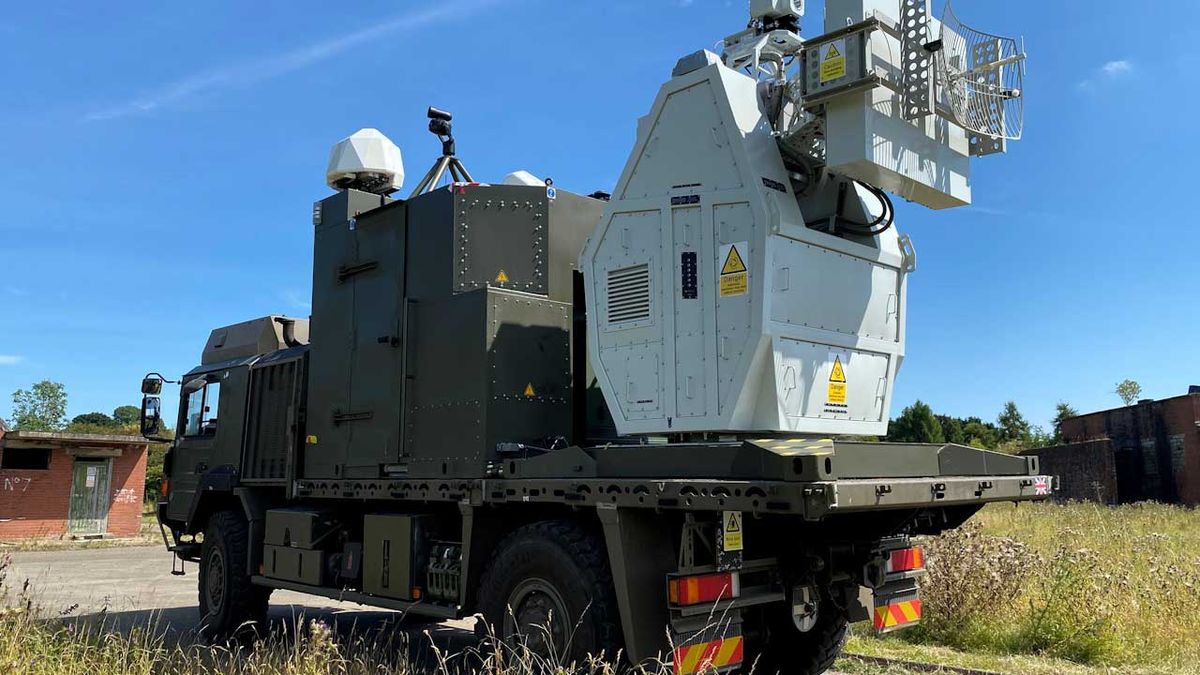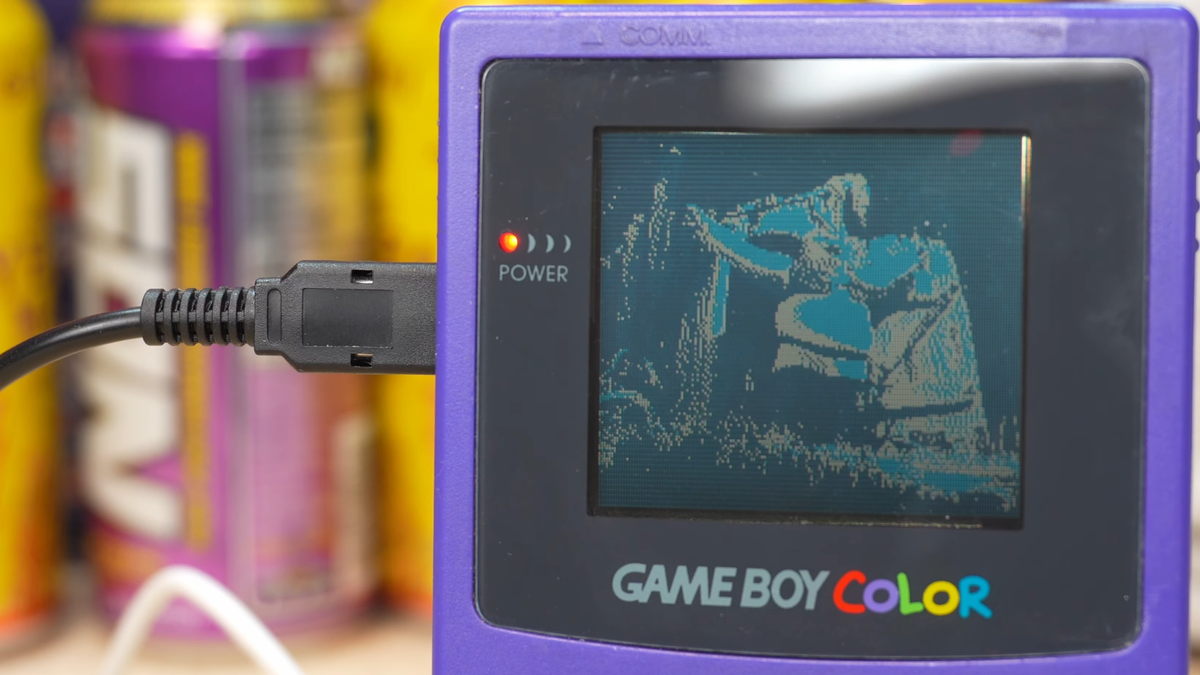The U.S. Senate’s Permanent Subcommittee on Investigations discovered that the Department of Commerce’s efforts to enforce the bans and sanctions enacted by the Biden administration against Russia and China have been mainly “inadequate” due to a lack of funding. According to an Associated Press report, the Bureau of Security and Industry (BIS), which handles export controls and promotes U.S. technology, does not have the resources to effectively accomplish its mission and must rely on the companies it regulates to voluntarily comply with the limitations.
This investigation comes after several news reports of chips and other high-tech American silicon being discovered in Russian drones and missiles, with the country importing about $1.7 billion worth of chips in 2023 despite sanctions.
The U.S. also struggles to control exports to China, with sanctioned firms creating new entities to import American tech before they get banned. And even if specific advanced tech, like Nvidia H200 AI chips, have a blanket export ban to China, recent news shows that a Chinese entrepreneur was somehow able to acquire 200 units of Nvidia’s most powerful AI GPU earlier this month.
Despite all this, the U.S. Department of Commerce spokesperson Charlie Andrews said in response to the findings, “While BIS’ budget has been stagnant for a decade, the bureau works diligently around the clock to meet its mission and safeguard U.S. national security.”
However, he also added the more funding from Congress would help it to be “better equipped to address the challenges that come with our evolving national security environment.”
According to the Senate report, the BIS only has 11 export control officers to cover the entire globe. This would make it nearly physically impossible for the agency to conduct end-use checks and physically verify even just a tiny fraction of the companies that order American chips. Aside from that, the Department of Commerce severely lacks the required numbers of subject matter experts in China and Chinese speakers, meaning it would have great difficulty in monitoring who gets U.S. semiconductors.
The committee suggests that the Commerce Department should get more funds to expand the BIS, allowing it to deploy more personnel to help enforce export controls. It also recommended that penalties for companies that violate the sanctions must pay larger fines and that their export controls must be checked by a third party, not just done in-house by the companies themselves.
However, even the Commerce Secretary, Gina Raimondo, suggested that the bans and sanctions against China are a fool’s errand. While these export controls will delay Chinese progress by a few years, innovation within the country will continue, especially as businesses and organizations look for ways to work around these roadblocks. Instead, she says that the U.S. must invest heavily in semiconductor manufacturing and R&D to stay ahead.
Despite all these findings, the upcoming change in Washington has made things somewhat uncertain for the American chip industry. While the CHIPS and Science Act, which the Biden administration championed, had bipartisan support, President-elect Donald Trump is reportedly unhappy with it.
Trump’s spokesperson says he prefers tariffs and reduced regulations over direct funding and subsidies, with companies investing over a billion dollars in the American economy potentially waiving some regulations.

 1 day ago
3
1 day ago
3








 English (US) ·
English (US) ·